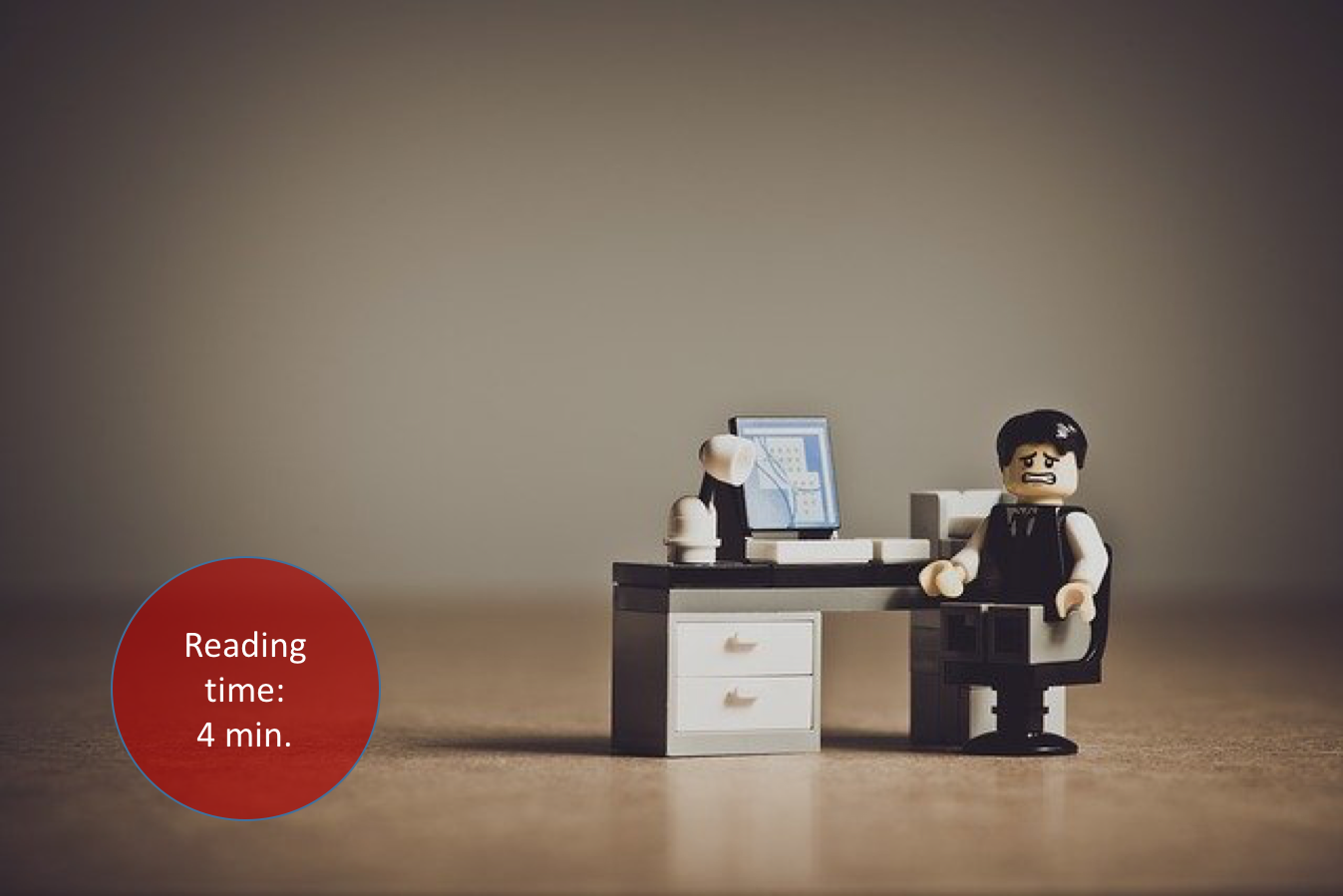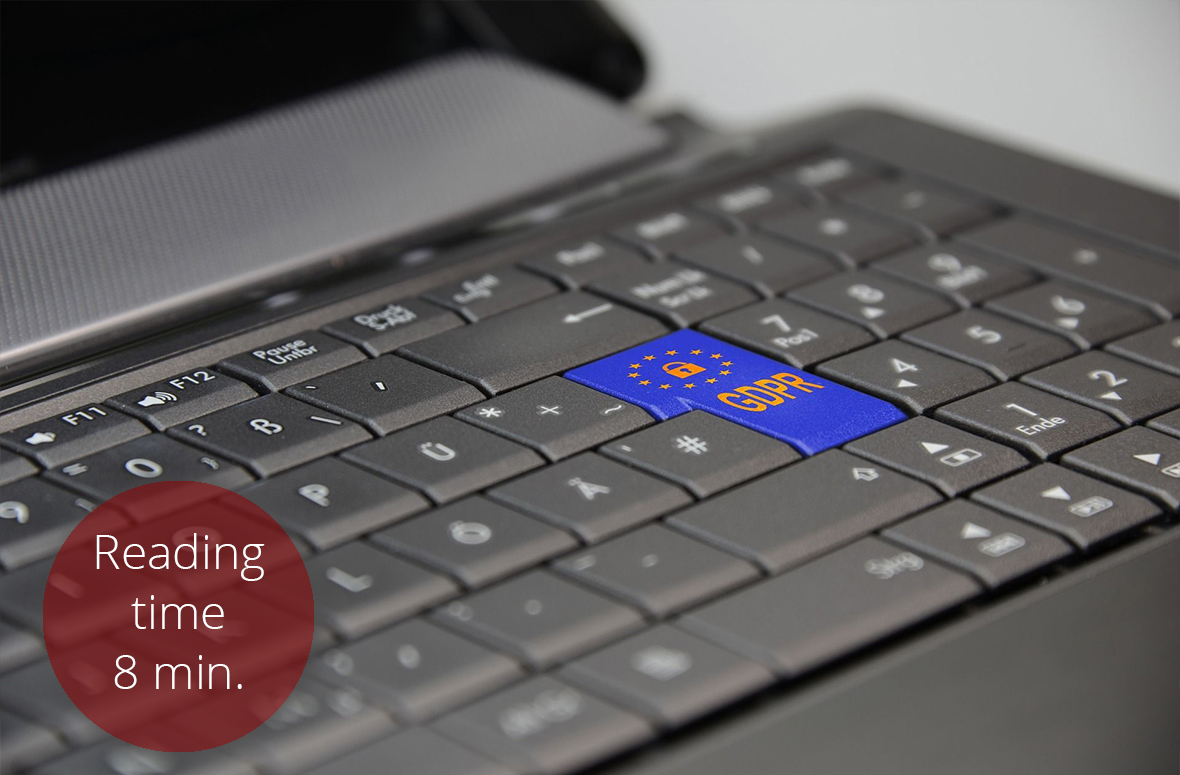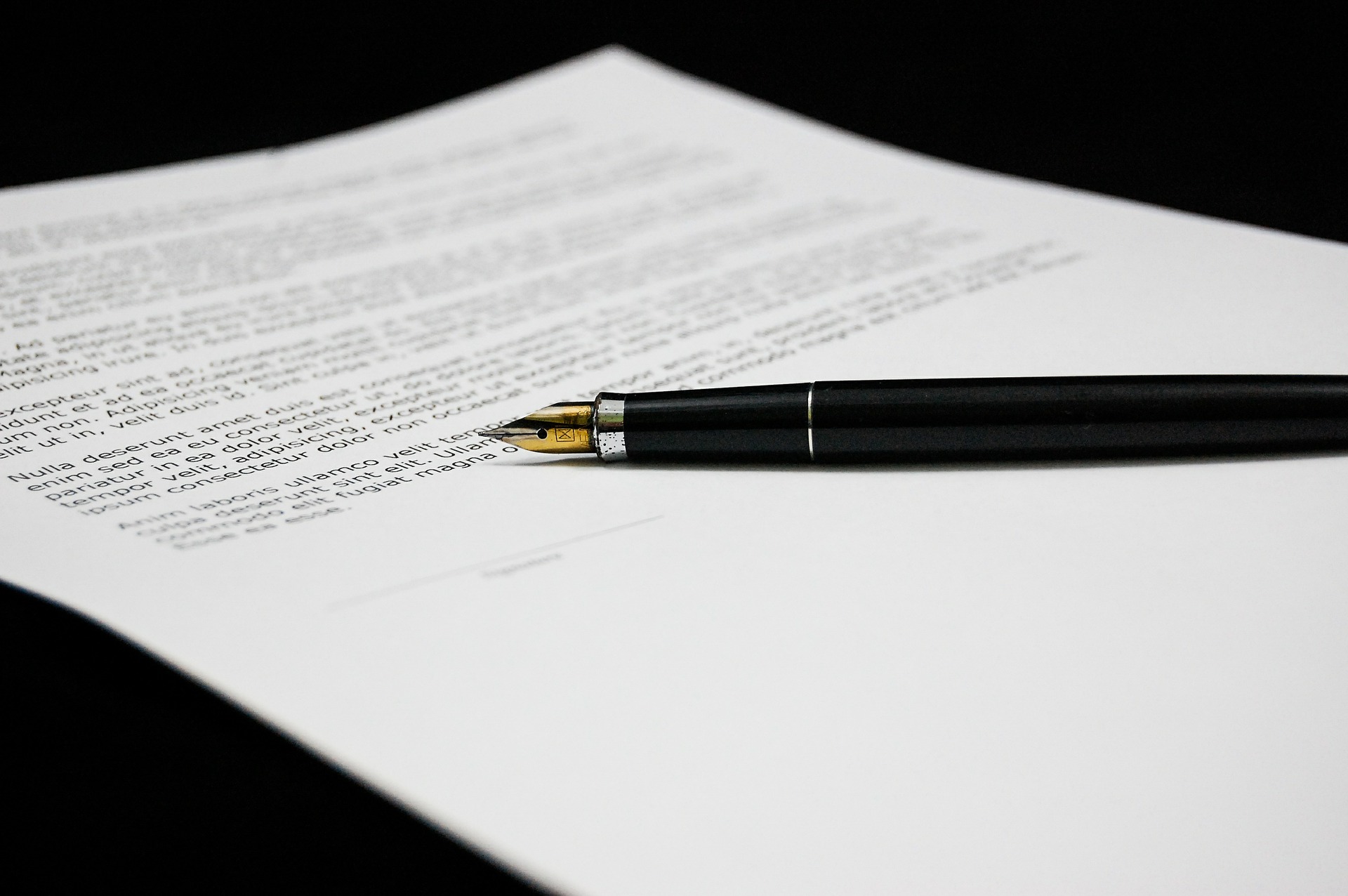The Employer’s Guide to the Coronavirus Consequences
20.03.2020

The Ministry of Health is constantly updating the regulations relating to self and imposed isolation due to the expansion of Coronavirus (Covid-19) on the one hand, regulating as to who is subject to the compulsory isolation, and on the other hand, regulating the conduct guidelines for those already in isolation. These regulations are updated on a regular basis, widening the scope of influence and as a result, affecting the regular course of business. Accordingly, the workplace needs to adjust itself to daily new realities.
For the purpose of this article we will begin by outlining the main course of action dictated by the government. We shall then proceed by providing guidelines to employers on how to deal with specific matters.
On the 4th of February 2020, the Director General of the Ministry of Health issued a directive stating that an employer may not demand from an employee who is subject to isolation, to work, or even allow him on the workplace premises. This directive stands tall also in cases where the employee independently requests to continue working.
In addition, the directive states that any employee who is subject to isolation, must inform his or her employer promptly. When such notice is given, the employer is not permitted to terminate employement on the sole premise that the employee will be absent from work during the isolation period.
For this matter, the term "Employee" is broadly defined by the law and consists of all types of employees including volunteers and service providers. The term does not distinguish between those who maintain a contractual relationship and those who do not. In other words, the directive will cover contracted employees as well as private service providers.
In order to reduce economical damage, on March 21st 2020, the Minister of Finance called on employers who can enable work from home, to do so. Certainly, as opposed to the Ministry of Health guidelines, the announcement is not considered to be a mandatory provision.
On the 16th March 2020, Prime Minister Benjamin Netanyahu instructed the private sector to reduce the number of employees by 70% starting March 18th 2020, noting that companies employing ten employees or less are exempt from this ruling. Moreover, all employers must ensure that remaining employees remain at least two meters apart from one another. Employers are to provide a hygienic workplace. However, we have yet to receive specific guidelines on how to carry this order out.
Following this directive, the Prime Minister encourages employers to proceed with their regular course of business by either requiring employees to work from home, or in alternating shifts.
When dealing with the existing and foreseeable economic challenges due to the spread of Covid-19, employers may turn to the following options: Granting employees unpaid leave so as to reduce payrolls, or laying off employees altogether.
Granting an employee unpaid leave is subject to the provisions of the Annual Vacation Act. Accordingly, when implementing unpaid leave for a period exceeding seven days, the employer must provide the employee adequate notice of at least fourteen days(14days). Furthermore, the imposed vacation leave will be subject to the number of vacation days the employee has accumulated to his/her credit, taking into consideration imminent upcoming national holidays such as Passover and Independence Day.
In general, unpaid leave requires the consent of both employee and employer. Under the given circumstances, the refusal of an employee to exercise unpaid leave automatically grants the employer legal basis to lay the employee off. Nevertheless, in such case, the employer is not exempt from holding a Hearing for the employee to be able to express his arguments, a procedure required by labor law. De- facto, employers may require their employees to exercise unpaid leave days, and if any objections are raised, they may execute proper procedures for dismissal.
Under the current exceptional circumstances, National Insurance (Bituach Leumi) have announced that employees who will be on unpaid leave for a period of thirty days or more, directly related to the spread of Covid-19, will be eligible for unemployment benefits. However, the qualification will be subject to the terms of National Insurance. It must be noted that on March 16th 2020, the Prime Minister reduced the qualifying period for obtaining unemployment benefits from a minimum of 12 months to a new minimum of 6 months employment.
In order to ensure the granting of unemployment benefits in cases of unpaid leave with no deadline, we recommend the employer to provide the employee with a notice of leave, specifying that the leave will exceed thirty days. Furthermore, we recommend employers to define in the letter the length of termination notice that the employer is required to give the employee.
Why can unpaid leave seem like the right way to go?
During unpaid leave, the employee is not entitled to wages or any other benefits or conditions. Accordingly, the employer is not obligated to fund any of the employee's providence funds.
Considering health maintenance organizations ("HMOs")(Sick Fund) do not receive an update when an employee is on leave, it is important that the employer notifies the relevant HMO when releasing an employee to unpaid leave. If such action doesn't take place, the HMO may require the employer to continue funding the employee's HMO Insurance. We hereby recommend that employers guide their employees so seek professional Insurance advice in order to avoid the offset of their Insurance coverage or insurance sequence.
It should be noted, that in cases where an employer allows the employee to continue using a company car or telephone during the period of unpaid leave, it must be ensured that at the end of the Unpaid Leave, the employee fulfills his tax obligations relating to fringe benefits.
During unpaid leave, the employee is entitled to work elsewhere. However, such employment is subject to his obligations to his Employer, to maintain confidentiality and any prohibitions relating to conflict of interest.
If the employee does not draw unemployment benefits and does not work elsewhere during the time of his unpaid leave, the employer must remit National Insurance contributions during the first two months of the Employee’s leave. However, the employer may claim this cost from National Insurance upon re-admission of the Employee.
When the unpaid leave period comes to an end, the employee is entitled to return to his position prior to his leave. However, the unpaid leave period will not accumulate seniority for the purpose of rights in the workplace, unless the parties have explicitly agreed to this otherwise.
What is the rule regarding Protected Employees?
Regarding unpaid leave and the possible harming of scope of work for employees who are by definition protected under the Women's Work Act (“Protected Employees”), the Ministry of Labor has published a specific form used for filing unpaid leave of Protected Employees. To this end, the form is to be filled in a concentrated manner for all employees, except for the last page (Part C) which must be filled-in separately for each employee.
Please note that the employees must sign the certificate of receipt of the form. In the case where the employees are not physically available, it is possible to send the form via E-mail and request a confirmation via e-mail.
For the further instructions for the completion of Part I, the section of "employer information de-facto" is only relevant to those who are employed by human resource companies or service provider companies. The section of "attorney's information" is only relevant if the application is filed by the company's attorney.
When can an employer reduce salaries?
The reduction of employee wages, both temporarily or on an on-going basis, requires the explicit consent of the employee in writing. In the case where an employee doesn’t provide consent, the employer may not change his salary.
What are the regulations regarding employees working from home?
Employers may require their employees to carry out their work from home. In Fact, employees may not refuse to comply, except under exceptional circumstances. Certainly, when working from home, employees will be entitled to receive regular pay.
Regarding employees in isolation who are healthy and fit to work, on condition of mutual agreement of Employer and Employee, such employees may work from home. However, employers may not enforce employees staying in isolation to work from home. Undoubtedly, if an employee continues to work from home during the isolation period, the time will NOT be deducted from his sick leave.
What is the regulation regarding employees who plan to travel?
With the exception of specific economic branches, such as Health Care Services’ employees; civil servants, and soldiers, who were issued formal guidelines, employers cannot prevent their employees from traveling abroad. Furthermore, an employer who has authorized an employee's vacation in the past, cannot demand that he or she cancel their vacation in spite of the fact that the employee must now extend his leave by an additional fourteen days due to mandatory isolation upon his return. Employees can however be asked to consider changing their plans and avoid flying abroad.
What is the regulation regarding employees who must stay home with their isolated children?
As of March 9th 2020, the Ministry of Health updated the blanket sickness certificate, issuing another certificate that refers to the event whereby a child under the age of 16 is required to say home in isolation. In this case, parents may exercise their personal sick leave to remain home with an “isolated minor”.
Finally, we stress that the situation we are in today is dynamic, subject to frequent change. We hope this article has been a help in these confusing times. We shall make it our task to regularly update with any likely changes and developments.
We wish all Good Health!
You may find here a link to our guide for founders during these complex days
For the purpose of this article we will begin by outlining the main course of action dictated by the government. We shall then proceed by providing guidelines to employers on how to deal with specific matters.
On the 4th of February 2020, the Director General of the Ministry of Health issued a directive stating that an employer may not demand from an employee who is subject to isolation, to work, or even allow him on the workplace premises. This directive stands tall also in cases where the employee independently requests to continue working.
In addition, the directive states that any employee who is subject to isolation, must inform his or her employer promptly. When such notice is given, the employer is not permitted to terminate employement on the sole premise that the employee will be absent from work during the isolation period.
For this matter, the term "Employee" is broadly defined by the law and consists of all types of employees including volunteers and service providers. The term does not distinguish between those who maintain a contractual relationship and those who do not. In other words, the directive will cover contracted employees as well as private service providers.
In order to reduce economical damage, on March 21st 2020, the Minister of Finance called on employers who can enable work from home, to do so. Certainly, as opposed to the Ministry of Health guidelines, the announcement is not considered to be a mandatory provision.
On the 16th March 2020, Prime Minister Benjamin Netanyahu instructed the private sector to reduce the number of employees by 70% starting March 18th 2020, noting that companies employing ten employees or less are exempt from this ruling. Moreover, all employers must ensure that remaining employees remain at least two meters apart from one another. Employers are to provide a hygienic workplace. However, we have yet to receive specific guidelines on how to carry this order out.
Following this directive, the Prime Minister encourages employers to proceed with their regular course of business by either requiring employees to work from home, or in alternating shifts.
When dealing with the existing and foreseeable economic challenges due to the spread of Covid-19, employers may turn to the following options: Granting employees unpaid leave so as to reduce payrolls, or laying off employees altogether.
Granting an employee unpaid leave is subject to the provisions of the Annual Vacation Act. Accordingly, when implementing unpaid leave for a period exceeding seven days, the employer must provide the employee adequate notice of at least fourteen days(14days). Furthermore, the imposed vacation leave will be subject to the number of vacation days the employee has accumulated to his/her credit, taking into consideration imminent upcoming national holidays such as Passover and Independence Day.
In general, unpaid leave requires the consent of both employee and employer. Under the given circumstances, the refusal of an employee to exercise unpaid leave automatically grants the employer legal basis to lay the employee off. Nevertheless, in such case, the employer is not exempt from holding a Hearing for the employee to be able to express his arguments, a procedure required by labor law. De- facto, employers may require their employees to exercise unpaid leave days, and if any objections are raised, they may execute proper procedures for dismissal.
Under the current exceptional circumstances, National Insurance (Bituach Leumi) have announced that employees who will be on unpaid leave for a period of thirty days or more, directly related to the spread of Covid-19, will be eligible for unemployment benefits. However, the qualification will be subject to the terms of National Insurance. It must be noted that on March 16th 2020, the Prime Minister reduced the qualifying period for obtaining unemployment benefits from a minimum of 12 months to a new minimum of 6 months employment.
In order to ensure the granting of unemployment benefits in cases of unpaid leave with no deadline, we recommend the employer to provide the employee with a notice of leave, specifying that the leave will exceed thirty days. Furthermore, we recommend employers to define in the letter the length of termination notice that the employer is required to give the employee.
Why can unpaid leave seem like the right way to go?
During unpaid leave, the employee is not entitled to wages or any other benefits or conditions. Accordingly, the employer is not obligated to fund any of the employee's providence funds.
Considering health maintenance organizations ("HMOs")(Sick Fund) do not receive an update when an employee is on leave, it is important that the employer notifies the relevant HMO when releasing an employee to unpaid leave. If such action doesn't take place, the HMO may require the employer to continue funding the employee's HMO Insurance. We hereby recommend that employers guide their employees so seek professional Insurance advice in order to avoid the offset of their Insurance coverage or insurance sequence.
It should be noted, that in cases where an employer allows the employee to continue using a company car or telephone during the period of unpaid leave, it must be ensured that at the end of the Unpaid Leave, the employee fulfills his tax obligations relating to fringe benefits.
During unpaid leave, the employee is entitled to work elsewhere. However, such employment is subject to his obligations to his Employer, to maintain confidentiality and any prohibitions relating to conflict of interest.
If the employee does not draw unemployment benefits and does not work elsewhere during the time of his unpaid leave, the employer must remit National Insurance contributions during the first two months of the Employee’s leave. However, the employer may claim this cost from National Insurance upon re-admission of the Employee.
When the unpaid leave period comes to an end, the employee is entitled to return to his position prior to his leave. However, the unpaid leave period will not accumulate seniority for the purpose of rights in the workplace, unless the parties have explicitly agreed to this otherwise.
What is the rule regarding Protected Employees?
Regarding unpaid leave and the possible harming of scope of work for employees who are by definition protected under the Women's Work Act (“Protected Employees”), the Ministry of Labor has published a specific form used for filing unpaid leave of Protected Employees. To this end, the form is to be filled in a concentrated manner for all employees, except for the last page (Part C) which must be filled-in separately for each employee.
Please note that the employees must sign the certificate of receipt of the form. In the case where the employees are not physically available, it is possible to send the form via E-mail and request a confirmation via e-mail.
For the further instructions for the completion of Part I, the section of "employer information de-facto" is only relevant to those who are employed by human resource companies or service provider companies. The section of "attorney's information" is only relevant if the application is filed by the company's attorney.
When can an employer reduce salaries?
The reduction of employee wages, both temporarily or on an on-going basis, requires the explicit consent of the employee in writing. In the case where an employee doesn’t provide consent, the employer may not change his salary.
What are the regulations regarding employees working from home?
Employers may require their employees to carry out their work from home. In Fact, employees may not refuse to comply, except under exceptional circumstances. Certainly, when working from home, employees will be entitled to receive regular pay.
Regarding employees in isolation who are healthy and fit to work, on condition of mutual agreement of Employer and Employee, such employees may work from home. However, employers may not enforce employees staying in isolation to work from home. Undoubtedly, if an employee continues to work from home during the isolation period, the time will NOT be deducted from his sick leave.
What is the regulation regarding employees who plan to travel?
With the exception of specific economic branches, such as Health Care Services’ employees; civil servants, and soldiers, who were issued formal guidelines, employers cannot prevent their employees from traveling abroad. Furthermore, an employer who has authorized an employee's vacation in the past, cannot demand that he or she cancel their vacation in spite of the fact that the employee must now extend his leave by an additional fourteen days due to mandatory isolation upon his return. Employees can however be asked to consider changing their plans and avoid flying abroad.
What is the regulation regarding employees who must stay home with their isolated children?
As of March 9th 2020, the Ministry of Health updated the blanket sickness certificate, issuing another certificate that refers to the event whereby a child under the age of 16 is required to say home in isolation. In this case, parents may exercise their personal sick leave to remain home with an “isolated minor”.
Finally, we stress that the situation we are in today is dynamic, subject to frequent change. We hope this article has been a help in these confusing times. We shall make it our task to regularly update with any likely changes and developments.
We wish all Good Health!
You may find here a link to our guide for founders during these complex days




.jpg)






